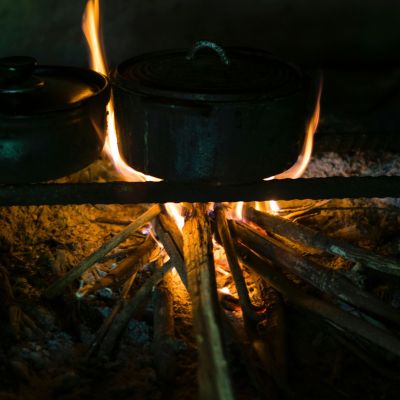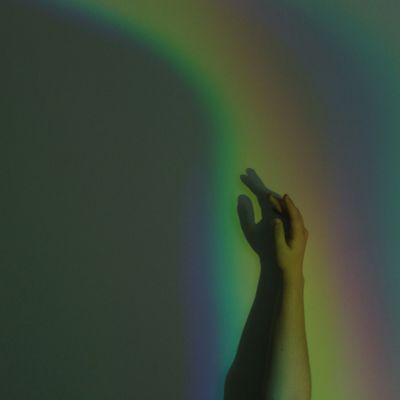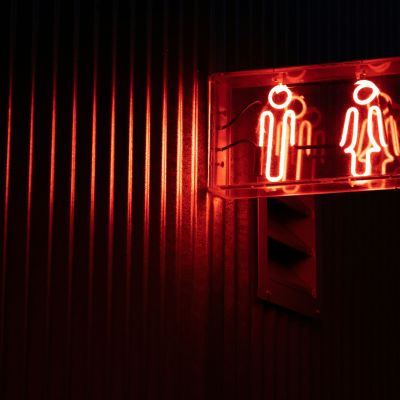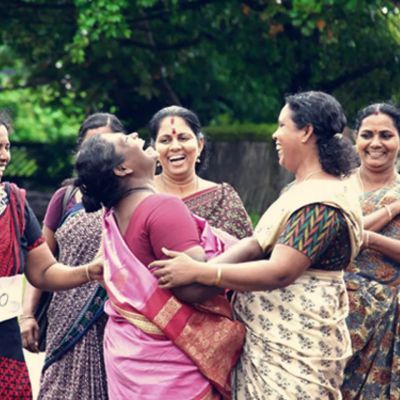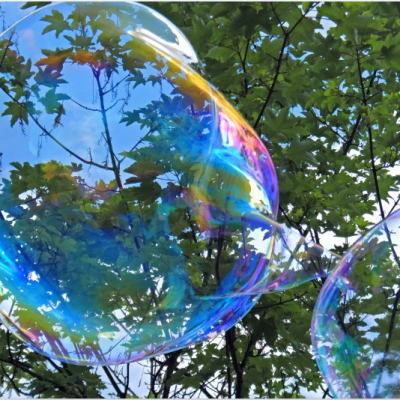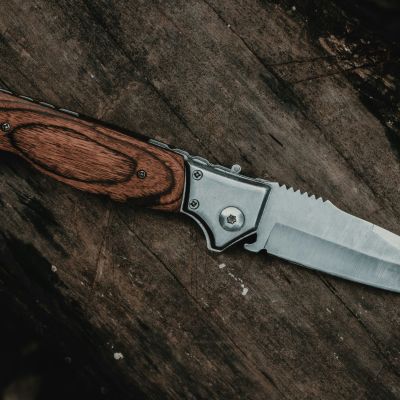Desire
दो कविताएं – हवेली आधुनिकता के आवरण में क्षयग्रस्त पारंपरिक पुरुषत्व को दर्शाती है, जबकि चारपाई कठोर और लचीली अभिव्यक्तियों के बीच विरोधाभास प्रस्तुत करती है, जहां जो जिस चारपाई पर बैठते हैं, उसके गुणों को अपनाते हैं, जो भिन्न-भिन्न पुरुषवादी पहचानों का प्रतीक है।
क्वीयर मर्दानगी एक वैकल्पिक मर्दानगी है जो पितृसत्तात्मक और विषमलैंगिक मानदंडों को अक्सर चुनौती देती है और मर्दानगी के स्वरूप को अधिक समावेशी बनाती है।
पितृसत्तात्मक समाज में, पुरुषत्व एक विशेष प्रकार के व्यवहार के रूप में प्रकट होता है, जैसे नियंत्रण करना और हावी होना, अक्सर हिंसक तरीकों से।
कानूनी नियमों और हिंदी भाषा के व्याकरणिक नियमों में एक ऐसी समानता है जो द्विलिंगी ढांचों अर्थात जेंडर बाइनरी में न आने वाले लोगों को बहिष्कृत करती है। कानून की नींव परिभाषाओं पर आधारित होती है।
Growing up, for me, has been about accepting that the loneliness and sadness woven into the fabric of my being do not go away with entering conventional arrangements like monogamous relationships or marriage.
“दोस्त” का इकलौता विकल्प ख़ुद “दोस्त” है। स्थिर और एकमात्र।
इसलिए, तुम्हारे आज के स्वः या अवतार के रूप में, मैं तुम्हें अपनी क्षमताओं में विश्वास रखने के लिए प्रोत्साहित करती हूँ, अपने सपनों पर केंद्रित रहना, एक स्वाभाविक मूल्य प्रणाली विकसित करना जो हठधर्मिता से मुक्त हो, हमेशा जिज्ञासु बनी रहना और निरंतर सीखने की अपनी इच्छा का पोषण करना, और अपना जीवन स्वतंत्र रूप से और पूरी तरह से जीना।
सच्चाई इस सब से परे थी; सच्चाई ये थी कि मैं एक किशोर लड़की थी जिसके मन में अनेको आकांक्षाएँ थी, वासना थी, लालसा थी और इन सब को पूरा करने के तरीके ढूँढने की ललक भी थी।
अंत में, मुझे तो फिल्में विषयों और परिस्थितियों को एक अन्य अंदाज़ से देखने का अवसर देती हैं। मैंने फिल्मों को देखकर शरीर और इसकी इच्छाओं के बारे में बहुत कुछ जाना है – मैंने समझा है कि दर्द जो कुछ लोगों के लिए दर्द होता है, वही दूसरों के लिए आनंद के स्रोत बन सकता है। मैंने यह भी जाना है कि पैसे का लेन–देन करके किया जाने वाला सेक्स हमेशा अपराध नहीं होता और यह कि सभी लोग आनंद का अनुभव करते हैं और कर सकते हैं।
मां बनने के बाद से आत्म-देखभाल पर मेरे नज़रिये में बहुत बदलाव आया है। एक अभिभावक की भूमिका निभाते हुए और उसकी चुनौतियों का सामना करते हुए अपना ख़्याल कैसे रखा जा सकता है?
What I am proposing here is to look at being in a relationship and being single together because what is important here is the idea of ‘be-ing’ as opposed to the stereotypes and perceptions attached to our relationship with ‘the One’ or to singlehood.
I believe that queer friendships and intimacies are sheer resistance, which not only swallow the despair and pain that might be perpetrated on gender-nonconforming people by their families, but also recognise all the lies about love that have been sold to us.
There is someone in my life who had a terrible childhood, has had several liaisons and whose father married twice. He says that he hated his father. How would his father react to his son’s liaisons if he were alive? If I love a cyborg or a person of the same gender, how will my father react?
These are their words, their vision,
a blade that left a cut in my veins


